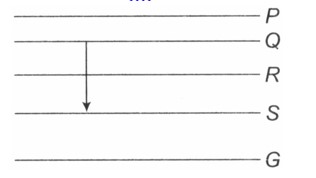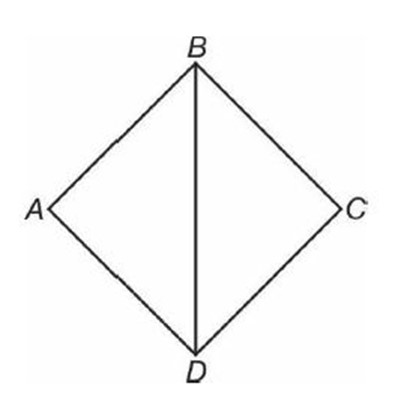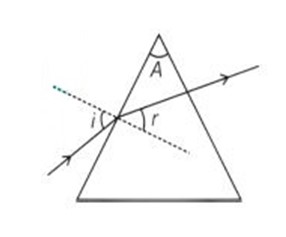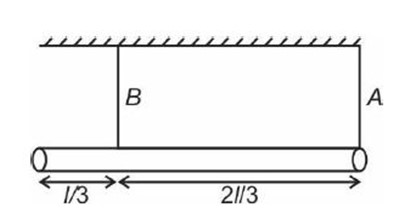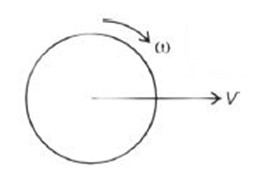Physics
Get insights from 5.6k questions on Physics, answered by students, alumni, and experts. You may also ask and answer any question you like about Physics
Follow Ask QuestionQuestions
Discussions
Active Users
Followers
New question posted
3 months agoNew answer posted
3 months agoContributor-Level 10
, common potential
Final electrostatic energy stored in both the capacitors.
New answer posted
3 months agoContributor-Level 10
When wire is stretched uniformly
When this elongated wire is cut into 5 parts, resistance of each part
Effective resistance between A and C
New answer posted
3 months agoContributor-Level 10
Applying conservation of momentum for collision of blocks
Now, from conservation of energy
New answer posted
3 months agoContributor-Level 10
It depends on the requirement. But in most cases, AC generator will be preferred over a DC one. DC generator can be useful in cases where you just require a continuous supply of current without any disturbance. But if you want a good quality current to be transmitted over longer distances for significant period of time, go for an AC generator. AC generators are much more reliable and also have longer life durations.
Taking an Exam? Selecting a College?
Get authentic answers from experts, students and alumni that you won't find anywhere else
Sign Up on ShikshaOn Shiksha, get access to
- 66k Colleges
- 1.2k Exams
- 681k Reviews
- 1800k Answers

